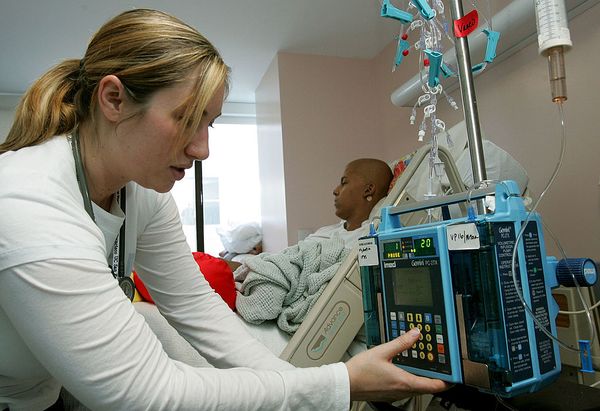
Sky-high deductibles, co-pays and overall health care costs leave many patients wondering if there's any wiggle room to be had with often exorbitant medical bills. Surprisingly, the same skills you probably use when haggling at the car dealership can come in handy when struggling to pay health care costs.
There's no doubt that medical bills are steadily going up. The 2016 Health Care Cost and Utilization Report found major price increases in many areas, especially emergency room visits, surgical hospital admissions and administered drugs. Total spending per person in 2016 grew 4.6 percent, versus less than 3 percent growth in 2012-2014. And out-of-pocket spending is also increasing.
Advertisement
Fortunately, it's often possible to bring a daunting dollar amount down. "You can almost always negotiate, but you must act quickly," explains financial and investments expert Wes Moss in an email interview, adding, "Burying your head in the sand as it relates to your hospital bills won't help. Your best chance to start the process happens in the first 90 days."
Here are some great strategies for reducing your medical bills:
Advertisement

